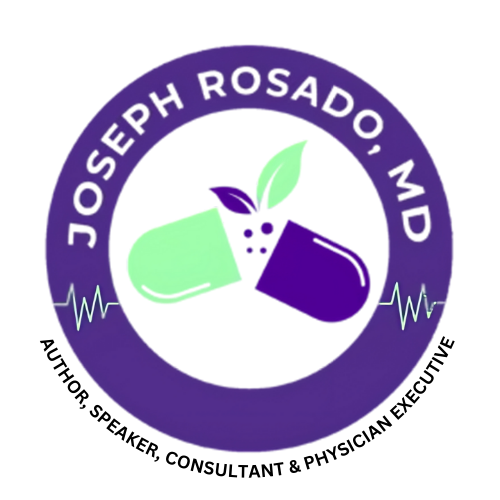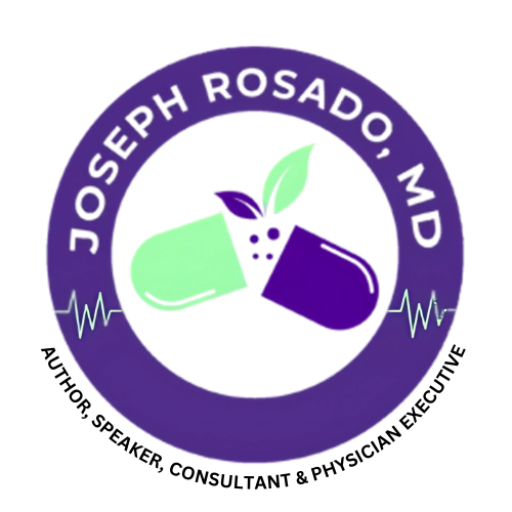Ketamine and Addiction: A Concern Worth Addressing

As ketamine gains traction as a breakthrough treatment for depression, PTSD, and chronic pain, a common—and important—question arises: Is ketamine addictive?
The answer isn’t black and white.
Ketamine can be misused when used recreationally or without supervision. But in medical settings, it’s a carefully managed therapy with a low risk of dependence when administered correctly.
What Is Ketamine? A Quick Overview
Ketamine is a Schedule III controlled substance in the U.S. Originally developed as an anesthetic, it’s now widely used off-label to help patients with:
- Treatment-resistant depression
- Post-traumatic stress disorder (PTSD)
- Chronic pain
- Suicidal thoughts
Its unique action on the glutamate system (rather than serotonin) helps the brain form new neural pathways and reduce symptoms rapidly—often within 24 to 72 hours.
Is Ketamine Addictive in Medical Use?

When prescribed and monitored by a licensed provider, ketamine has a low potential for addiction.
Key points:
- Doses are low and controlled.
- Use is limited to specific treatment schedules.
- Patients are screened for risk factors like substance abuse history.
- Sessions are supervised to prevent misuse.
Unlike recreational use, medical ketamine is not used daily and does not produce a euphoric “high” at therapeutic doses. In fact, most patients report a sense of clarity or calm, not intoxication.
In clinical use, ketamine is safe and unlikely to lead to addiction when protocols are followed.
When Is Ketamine Risky or Habit-Forming?

Ketamine can become problematic when:
- Used recreationally at high doses
- Taken without medical supervision
- Used frequently to escape emotional discomfort
At high, repeated doses, ketamine can cause:
- Tolerance (needing more to feel the same effect)
- Psychological dependence
- Bladder or urinary issues
- Memory or cognitive disruption
This is why self-medicating with ketamine—or sourcing it illegally—carries real risks.
Research Says: Ketamine Is Safe When Managed Properly
What the studies show:
- The FDA approved esketamine (Spravato) for treatment-resistant depression based on positive clinical trial outcomes.
- 2014 Meta-analysis: Ketamine significantly improved depression symptoms within 24 hours and lasted up to 7 days.
- 2016 Meta-analysis: Reaffirmed ketamine’s quick and sustained antidepressant effects in short-term use.
These findings have helped shape treatment protocols that emphasize:
- Controlled dosing schedules (typically 6–8 sessions over 2–3 weeks)
- Supervised administration (in-clinic or telehealth-monitored)
- Follow-up care and therapeutic integration
How Clinicians Reduce the Risk of Dependence
Trained providers use a number of safeguards to ensure ketamine is used responsibly:
- Initial evaluation to screen for red flags (e.g., substance use history)
- Individualized treatment planning with defined goals and endpoints
- Monitoring for behavioral changes or medication misuse
- Clear communication around treatment limits and expectations
- Collaboration with therapists for emotional integration and long-term stability
These safety measures are built into every legitimate ketamine treatment plan.
FAQs: Ketamine and Addiction Risk


No. Ketamine addiction typically occurs with frequent, high-dose recreational use—not medically supervised treatment.
They are chemically the same, but used very differently. Medical ketamine is low-dose, controlled, and used for healing—not intoxication.
Frequent cravings, using more than prescribed, using alone or to avoid emotions, or feeling withdrawal symptoms.
Yes—some clinics even use ketamine to help manage alcohol or opioid cravings in certain cases, under close supervision.
You may still be eligible, but your care team will assess your risk and structure the treatment accordingly.
Esketamine is a related, FDA-approved version delivered as a nasal spray. It also has a low risk of abuse when used medically.
Providers may pause or discontinue treatment, offer additional support, or refer patients to addiction care if needed.
Final Thoughts: Safe Treatment Starts with the Right Guidance
Ketamine—like any medication—comes with responsibilities.
But when used in a clinical setting, with medical support and structure, it offers powerful relief without the risks associated with recreational misuse.
If you’re considering ketamine for depression, PTSD, or chronic emotional fatigue, ask questions. Review the research.
And most of all—work with a provider who puts your safety and long-term wellness first





